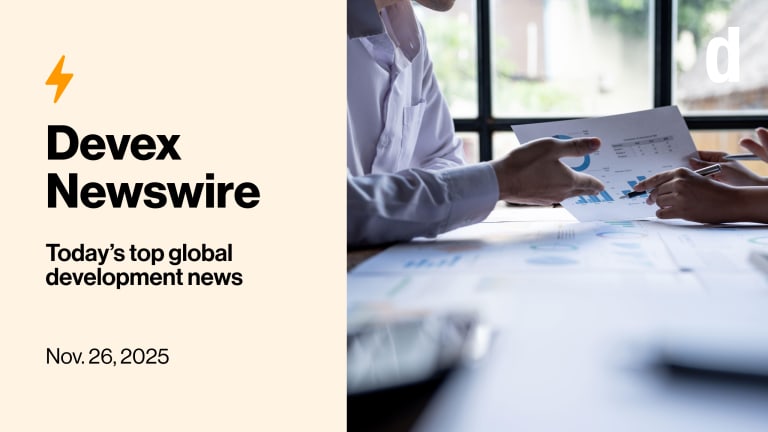When Sanjay Jain, director of digital public infrastructure, or DPI, at the Gates Foundation, took the stage at the Global DPI summit in Cape Town, South Africa, earlier this month, he described the foundation’s goal as helping the world move “from a time of digital aid to digital empowerment.”
He was quoting Indian Prime Minister Narendra Modi, who has worked to position India’s own DPI journey as a model for other low- and middle-income countries.
DPI refers to the foundational data systems — such as digital identity, data sharing, and digital payments — that allow people, governments, and businesses to verify identity, transact, and access services ranging from healthcare to banking. Building that infrastructure is seen as increasingly vital for African nations, and DPI is rising up the list of priorities for many development organizations.








